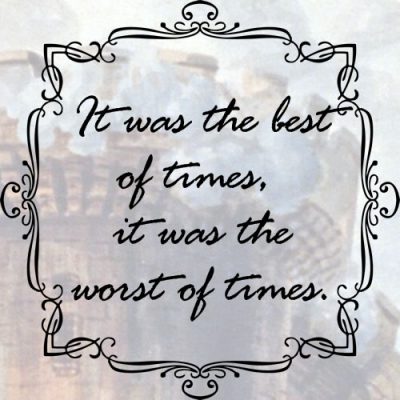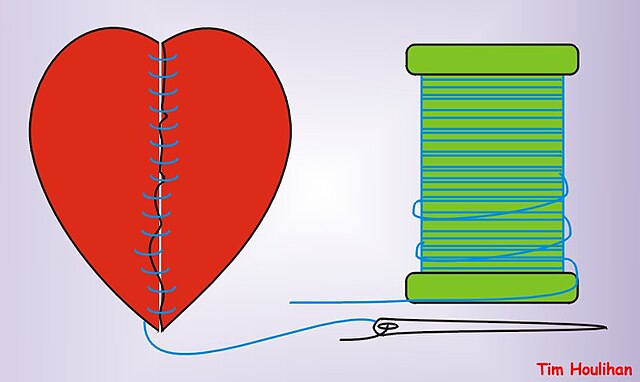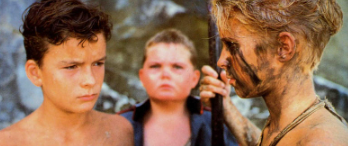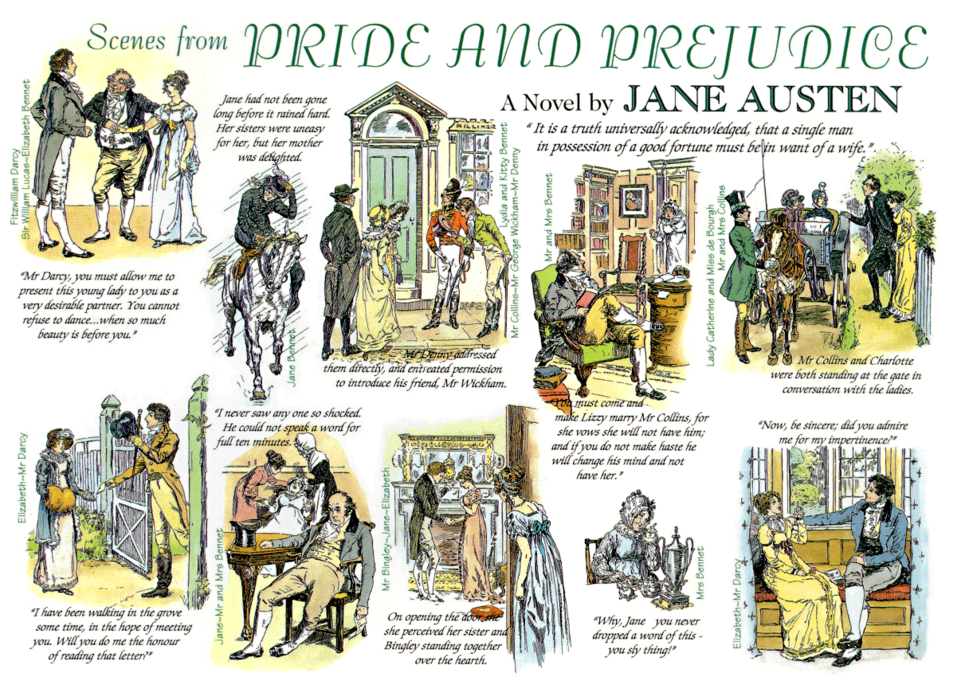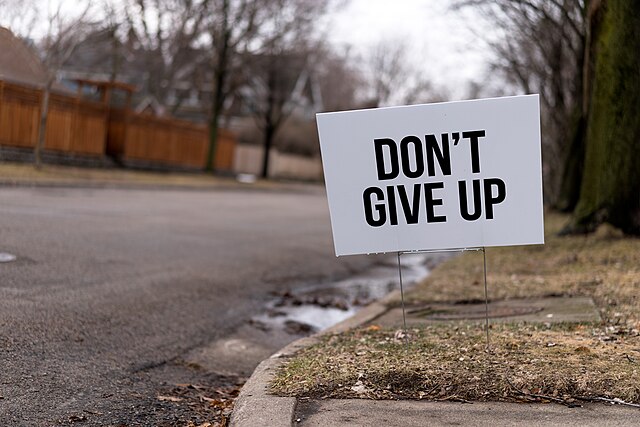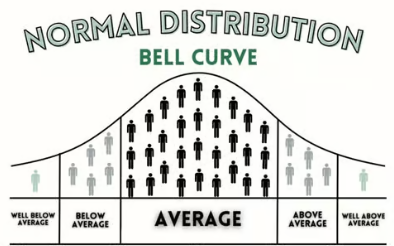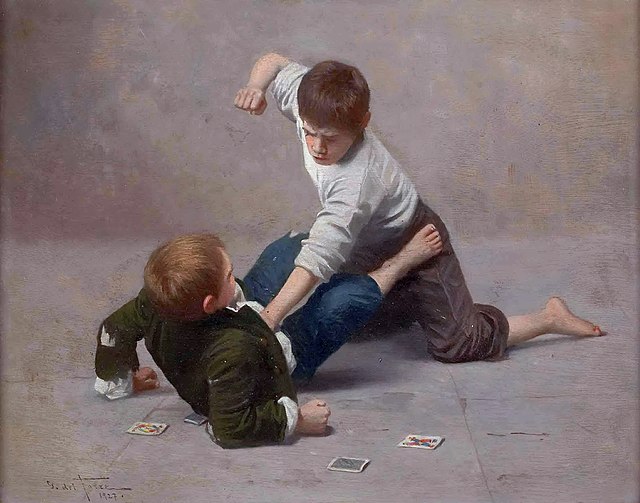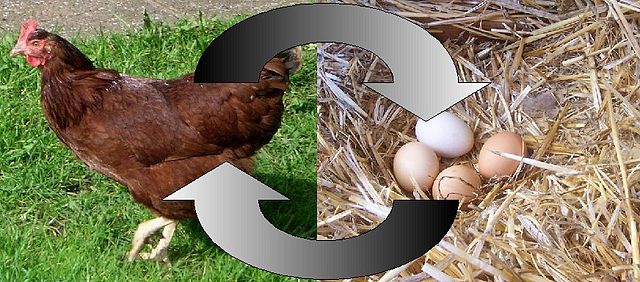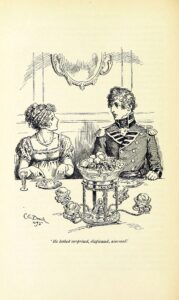
Character arc/emotional journey/B plot – whatever you call it, it’s vital that you have one. But what does this really mean? As usual, this post is as much a reminder for myself as to hopefully help other writers.
What does your character want?
This is their external goal. It drives the plot forward from the initial stage of the novel. It could be to survive the Hunger Games; it could be to destroy the ring in the fires of Mount Doom; or it could be to marry well, as in Pride and Prejudice.
But what does your character really need?
This is their internal growth. I heard one author say it always amounts to the same thing: the development of emotional maturity. It’s also known as the life lesson. By the end of their story, the character should have learned an important truth about themselves.
Jane Austen wrote of Mr. Darcy and Mr. Wickham: “One has got all the goodness, and the other all the appearance of it.” Initially, Elizabeth Bennett is prejudiced (this is her key flaw), believing that prideful Darcy is the ‘bad guy’ and flattering Wickham the ‘good guy’. However, over the course of the novel, she learns to look beyond what each character reveals on the surface and see the reality. How does she do this? Through facing problems and consequences.
After refusing Darcy’s proposal, Elizabeth receives a letter from him which details Wickham’s cavalier behaviour towards Darcy’s younger sister. This forces our heroine to confront her prejudices and consider that she may have been wrong in her too-quickly-determined judgements of each man. Her choice to keep her new knowledge of Wickham’s character to herself indirectly leads to her ignorant sister Lydia running away with the villain, the consequence of which is to ruin the reputation of the whole family and hinder the sisters’ ability to marry well (their external goal).
What drives personal growth?
Conflict/roadblocks/difficulties/problems/dilemmas/obstacles – whatever you call it, your protagonist needs to face barriers which get in the way of them achieving their goal. This forces them to make choices, face consequences (good or bad) and truly learn their life lesson, albeit the hard way. But remember, the stakes must be high. The character must be forced to act, otherwise they will risk losing something vitally important to them.
The initial catalyst – the inciting incident – represents a ‘no turning back’ moment. The midpoint can be considered to be another catalyst. “Break your character then fix them,” is a phrase I’ve heard a lot. Dig deep: the character should be forced into a hole from which they have to climb out by their fingernails. And remember, the hole should be all the deeper because of the character’s central flaw.
No perfect characters!
Perfection is boring. It leaves no room for growth. Such characters are not relatable, and are therefore difficult for a reader to root for and invest in. Likeable or unlikeable, characters should be interesting enough for the reader to want to spend 300 pages with. But remember, whatever their flaw is, there should be room for redemption, that little ray of light that keeps the reader turning the pages.
Ebenezer Scrooge is a great example. At the start of A Christmas Carol, he’s miserly, selfish and uncharitable. Through the visitations of the spirits, he faces having his eyes opened to the consequences of his past choices (putting money-making before love); how his attitude in the present impacts others, including Bob Cratchit’s family; and how, because of his flaws, he will die a lonely death if he doesn’t change. By the end of the novella, Scrooge is redeemed: he becomes generous to the poor; his kind intervention extends Tiny Tim’s life; he will no doubt die a beloved fellow, a pillar of the community. Hurray!
Experience
I’ve been thinking about my previously completed novels and my current work-in-progress. Do they fulfil the ‘catalyst – forces choices – character faces high stakes/risks loss – character deals with consequences – learns/grows’ pattern? I’m not sure, at least not as fully as they could. Food for thought.
Final Thoughts
How are wants, needs and imperfections represented in your novel/s?
What are your thoughts about how well this post’s content reflects literary compared to commercial/genre fiction?
What else is important to consider when we think of characters and their journeys?
Can you apply the outlined drivers and pattern of emotional growth to your favourite novels?
Structuring Scenes
How to craft scenes with purpose
I watched another excellent webinar recently. The content was helpful as both a planning tool and as an editing tool. Scene structure mimics story structure, but on a…
On The Honest Authors’ podcast, Gillian McAllister once mentioned that she was asked, “Do you really think that?” about something controversial she’d written in one of her novels….
Bear With Me! Okay, this is probably a weird analogy but this is how my (bird-brained!) mind works. So, in terms of the title question, I’ve thought long…


